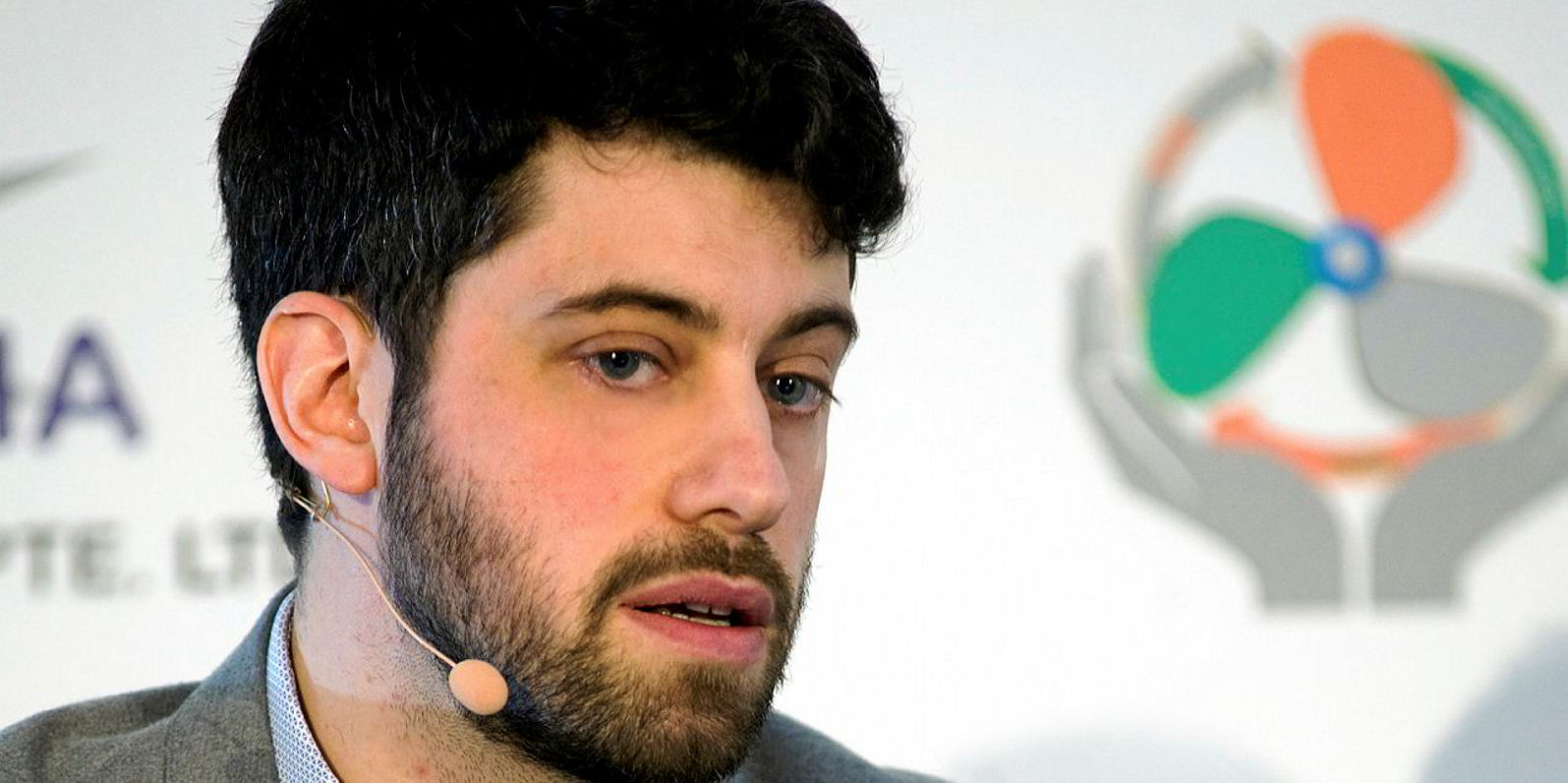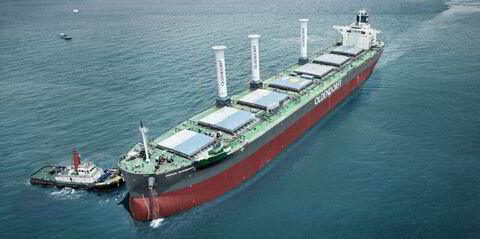Emilien Gasc, the key figure in steering the European Union’s Ship Recycling Regulation (SRR) in recent years, has taken up a new position within the European Commission.
In an email to colleagues and friends seen by TradeWinds, he says with the benefit of hindsight there are many things he wished he had done differently.
But Gasc, who has been EC policy officer waste management and recycling, describes adoption of the SRR as a “remarkable achievement”.
He says it has been turned into a “practical instrument” and directly or indirectly has already “contributed to an improvement of the situation in corners of the [ship recycling] market”.
The SRR requires, from 31 December 2018 at the latest, all large seagoing vessels sailing under a European Union member state flag to use an approved ship recycling facility.
An initial list of 18 facilities has been increased to 21 but still includes only locations in member states of the EU, including the UK. The updated list was published 7 May in the EU's Official Journal.
Various other applications have been received, including from Turkey and South Asia, capacity that SRR critics say is needed if the regulation is to succeed.
Otherwise owners will simply reflag to avoid SRR requirements aimed at ensuring EU-flag vessels are scrapped in facilities safe for workers and environmentally sound.
Improvements
Gasc spoke at TradeWinds Ship Recycling Forum in Hamburg in March about positive aspects of Indian yard applications to the recycling list, including improvements where in some cases hull blocks are now dismantled on an impermeable floor.
But he highlighted issues over the Indian subcontinent practice of beaching ships and the initial dismantling of vessels in environmentally sensitive intertidal zones.
In his email, Gasc talks about the “low-hanging fruit” being picked from the beaches of India.
“Large segments of the market for the recycling of EU ships still lag behind,” says Gasc. “Window dressing approaches are being marketed to muddy the waters and delay real progress.”
He adds: “Depending on the location, such basic elements as hospitals for workers, downstream waste management or protection of the marine environment are still elusive concepts.But the ships are real and more and more numerous.”
Gasc adds in his email that the EC’s “detailed assessments and site inspection reports will continue, free of charge, to accompany recyclers towards safe and sustainable solutions”.
He has moved to a unit in the EC overseeing environmental legislation.
Gael de Rotalier has been named as primary contact for shiprecycling until a direct replacement for Gasc has been recruited. De Rotalier has been appointed as new team leader, however, for ships within the environmental unit for waste management and secondary materials.



